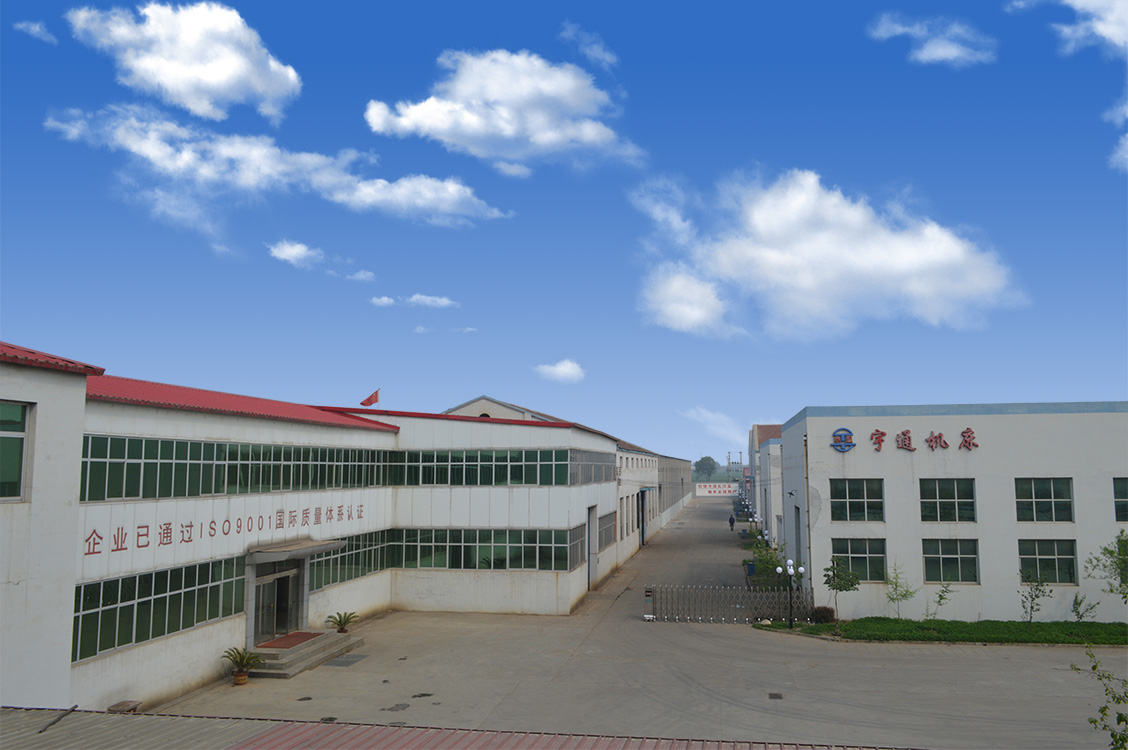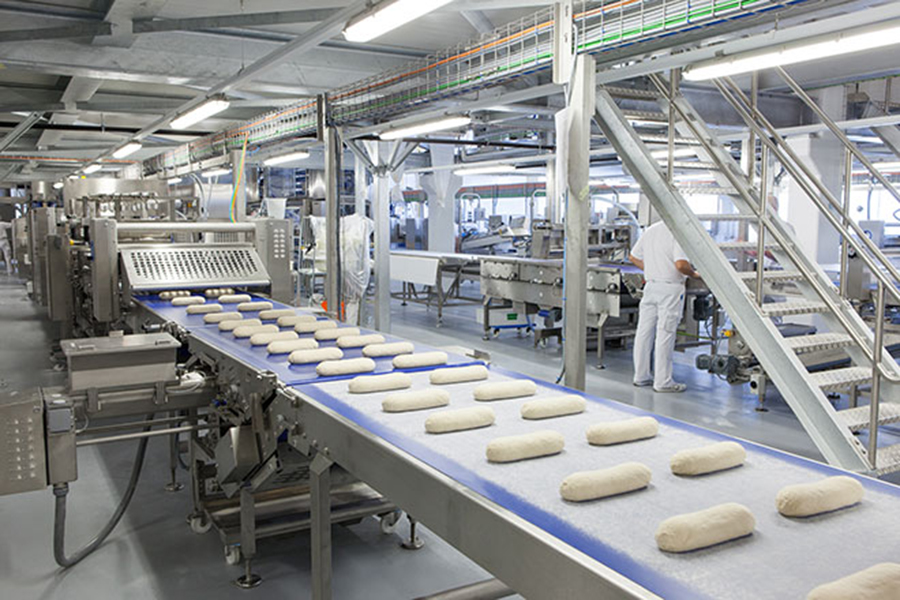
-
 Afrikaans
Afrikaans -
 Albanian
Albanian -
 Amharic
Amharic -
 Arabic
Arabic -
 Armenian
Armenian -
 Azerbaijani
Azerbaijani -
 Basque
Basque -
 Belarusian
Belarusian -
 Bengali
Bengali -
 Bosnian
Bosnian -
 Bulgarian
Bulgarian -
 Catalan
Catalan -
 Cebuano
Cebuano -
 Corsican
Corsican -
 Croatian
Croatian -
 Czech
Czech -
 Danish
Danish -
 Dutch
Dutch -
 English
English -
 Esperanto
Esperanto -
 Estonian
Estonian -
 Finnish
Finnish -
 French
French -
 Frisian
Frisian -
 Galician
Galician -
 Georgian
Georgian -
 German
German -
 Greek
Greek -
 Gujarati
Gujarati -
 Haitian Creole
Haitian Creole -
 hausa
hausa -
 hawaiian
hawaiian -
 Hebrew
Hebrew -
 Hindi
Hindi -
 Miao
Miao -
 Hungarian
Hungarian -
 Icelandic
Icelandic -
 igbo
igbo -
 Indonesian
Indonesian -
 irish
irish -
 Italian
Italian -
 Japanese
Japanese -
 Javanese
Javanese -
 Kannada
Kannada -
 kazakh
kazakh -
 Khmer
Khmer -
 Rwandese
Rwandese -
 Korean
Korean -
 Kurdish
Kurdish -
 Kyrgyz
Kyrgyz -
 Lao
Lao -
 Latin
Latin -
 Latvian
Latvian -
 Lithuanian
Lithuanian -
 Luxembourgish
Luxembourgish -
 Macedonian
Macedonian -
 Malgashi
Malgashi -
 Malay
Malay -
 Malayalam
Malayalam -
 Maltese
Maltese -
 Maori
Maori -
 Marathi
Marathi -
 Mongolian
Mongolian -
 Myanmar
Myanmar -
 Nepali
Nepali -
 Norwegian
Norwegian -
 Norwegian
Norwegian -
 Occitan
Occitan -
 Pashto
Pashto -
 Persian
Persian -
 Polish
Polish -
 Portuguese
Portuguese -
 Punjabi
Punjabi -
 Romanian
Romanian -
 Russian
Russian -
 Samoan
Samoan -
 Scottish Gaelic
Scottish Gaelic -
 Serbian
Serbian -
 Sesotho
Sesotho -
 Shona
Shona -
 Sindhi
Sindhi -
 Sinhala
Sinhala -
 Slovak
Slovak -
 Slovenian
Slovenian -
 Somali
Somali -
 Spanish
Spanish -
 Sundanese
Sundanese -
 Swahili
Swahili -
 Swedish
Swedish -
 Tagalog
Tagalog -
 Tajik
Tajik -
 Tamil
Tamil -
 Tatar
Tatar -
 Telugu
Telugu -
 Thai
Thai -
 Turkish
Turkish -
 Turkmen
Turkmen -
 Ukrainian
Ukrainian -
 Urdu
Urdu -
 Uighur
Uighur -
 Uzbek
Uzbek -
 Vietnamese
Vietnamese -
 Welsh
Welsh -
 Bantu
Bantu -
 Yiddish
Yiddish -
 Yoruba
Yoruba -
 Zulu
Zulu
Top Thread Rolling Machine Supplier CNC & Flat Thread Rolling Machine for Sale
- Introduction to the Thread Rolling Machine Industry and Market Potential
- Technological Advancements in Modern Thread Rolling Machines
- Evaluating Different Suppliers: Key Criteria and Comparison
- Custom Solutions for Diverse Industrial Needs
- Industry Applications and Case Studies
- Purchasing Considerations and Investment Insights
- Choosing the Right Thread Rolling Machine Supplier for Your Business

(thread rolling machine supplier)
Introduction: Exploring Opportunities with a Leading Thread Rolling Machine Supplier
The global demand for high-precision thread rolling machines has surged in response to evolving manufacturing standards, efficiency requirements, and expanding industrial sectors such as automotive, aerospace, energy, and construction. Partnering with an experienced thread rolling machine supplier
can dramatically upgrade production quality and competitiveness. According to a 2023 report, the global thread rolling machine market is expected to reach USD 620 million by 2030, growing at a CAGR of 5.4% from 2024 to 2030. This upward trend is driven by automating threading operations, the rising installation of CNC technologies, and the surge in customized hardware manufacturing. The following content explores core technological advances, supplier assessments, custom solution strategies, as well as real-world case benefits for buyers in this segment.
Technological Advancements in Modern Thread Rolling Machines
Advancing manufacturing standards have led to sophisticated innovations in thread rolling machines. Today’s leading models integrate CNC control for micro-precision and repeatability. The latest cnc thread rolling machine supplier offerings feature digital interfaces, programmable parameters, and rapid tool-change systems, reducing setup times by over 40%. Moreover, flat thread rolling machines are now engineered with adaptive hydraulics, torque monitoring, and smart safety features. A typical high-precision flat thread rolling machine achieves a production rate of up to 600 pieces/hour with repeatability within ±0.01 mm per thread. For energy efficiency, modern designs employ servo-driven systems that reduce power consumption by up to 25% over traditional mechanical drives. These enhancements result in reduced downtime, improved surface finishes, and greater adaptability for complex geometries or difficult-to-form material, placing technological leadership at the forefront of supplier differentiation.
Evaluating Different Suppliers: Key Criteria and Comparison
Selecting a reliable flat thread rolling machine supplier requires critical comparison of key factors: equipment performance, service network, customization capability, warranty coverage, and pricing transparency. The table below rigorously compares three prominent global suppliers on these essential criteria, offering clarity to prospective buyers seeking maximum value.
| Criteria | Supplier A | Supplier B | Supplier C |
|---|---|---|---|
| Machine Type Range | Flat/CNC, up to Φ150mm | Flat, up to Φ100mm | CNC/Flat, up to Φ120mm |
| Production Speed (pcs/hr) | 550–650 | 380–480 | 500–600 |
| Precision (mm) | ±0.01 | ±0.02 | ±0.015 |
| Global Service Centers | 15+ | 8 | 5 |
| Customization Options | Fully bespoke | Limited | Standard + optional kits |
| Warranty Coverage | 24 months | 12 months | 18 months |
| Approx. Lead Time | 6–10 weeks | 10–14 weeks | 8–12 weeks |
| Price Transparency | Itemized quoting | Lump sum | Itemized quoting |
Comprehensive supplier evaluation is the most critical step for companies aiming to maximize ROI from thread rolling machine purchases. The above analysis highlights how technical capabilities, support structure, and transparent pricing directly influence long-term production efficiency and total cost of ownership.
Custom Solutions for Diverse Industrial Needs
Manufacturers increasingly seek highly customized machinery to address industry-specific challenges such as atypical profiles, extra-large diameters, or super-hard alloys. Premium suppliers excel by providing advanced engineering consultation, modular construction, and proprietary process simulation. For example, leading suppliers co-develop die sets for non-standard threads, integrate IoT-enabled monitoring modules, and tailor automation packages to factory workflow. A client in the energy sector recently reduced process cycle times by 13% through a supplier-engineered lubrication system upgrade. Such flexibility not only boosts productivity but ensures compliance with stringent customer and regulatory requirements. By collaborating closely in the specification and design phase, clients access equipment with lower rejection rates (often below 1.2%), faster ramp-up, and scalability for future upgrades. This commitment to bespoke engineering creates sustainable advantages, especially in niche or high-mix-low-volume manufacturing scenarios.
Industry Applications and Case Studies
Thread rolling machines have diverse and critical applications across multiple industries. In the automotive sector, the use of CNC thread rolling machines ensures consistent quality for fasteners and steering components, reducing part failure rates by up to 30% compared to conventional cut-thread methods. Aerospace manufacturers benefit from superior fatigue resistance and the ability to form threads on titanium or high-nickel alloys, supporting safety-critical applications such as jet engine fittings. Construction hardware producers report increased process throughput of up to 40% after upgrading to new-generation flat thread rolling lines. The data table below showcases two representative case studies further illustrating machine impact.
| Case Study | Industry | Challenge | Solution | Result |
|---|---|---|---|---|
| Alpha Automotive | Automotive | High-volume fastener production with rising defect rates | Implemented precision CNC thread rolling with automated QC integration | 30% decrease in defects, 22% cycle time reduction |
| Beta Boltworks | Heavy Equipment | Inconsistent thread quality on high-tensile bolts | Upgraded to enhanced flat thread rolling machine with custom die set | 40% faster output, 99.2% first-pass yield |
These successes confirm that the right thread rolling machine for sale supplier can deliver measurable gains in quality, reliability, and turnaround times, empowering clients to meet escalated industry targets.
Purchasing Considerations and Investment Insights
Investing in thread rolling machinery is a multi-faceted decision. Buyers should balance technical specifications, after-sales support, financial terms, and projected lifespan. While the average acquisition cost for a mid-to-high-end CNC machine ranges from USD 35,000 to USD 90,000, lifecycle savings from decreased scrap, reduced corrective maintenance, and energy-efficient drive systems can offset upfront expense within 18–30 months. Sourcing directly from a specialized supplier with local technical branches can further minimize downtime and expedite parts delivery. Additionally, integrating predictive maintenance tools—offered by certain suppliers—reduces unplanned interruptions by up to 55%, ensuring facilities operate close to nameplate rates throughout machine life. For enterprises aiming to enhance operational agility and long-term profitability, the broader value equation always extends beyond unit pricing to encompass reliability, service, and innovation.
Choosing the Right Thread Rolling Machine Supplier for Your Business
In summary, securing a strategic partnership with a world-class thread rolling machine supplier is the cornerstone of modern, high-performance manufacturing. It enables enterprises to capitalize on the latest technologies, tailor solutions to precise needs, and maintain robust support structures. Whether the focus is on expanding capacity, conquering difficult materials, or maximizing cost-efficiency, today’s best suppliers provide measurable advantages. By applying data-driven selection methods, prioritizing customization capability, and leveraging proven industry accomplishments, manufacturers worldwide continually optimize production and maintain their competitive edge in rapidly evolving markets.

(thread rolling machine supplier)
